Building trust key to stabilizing relations, experts say, suggesting some small steps
While the U.S. has maintained that it wants to establish "guardrails" on bilateral relations, Beijing has found the concept to be increasingly untenable as U.S. politicians clamor to take a hard line on China.
The administration of President Joe Biden has honed a China policy that seeks to put guardrails on the bilateral relationship, or placing a floor underneath it — in the words of Secretary of State Antony Blinken — to avoid conflict, while at the same time dialing up the competition with China.
Qin Gang, in his first media briefing on the sidelines of China's annual two sessions as China's foreign minister on Tuesday, said U.S. officials' stated desire to put guardrails on the relationship is actually a way of preventing China from verbally responding to or taking actions against slanders or attacks.
"Its so-called establishing guardrails and not seeking conflict simply means that China should not respond in words or action when slandered or attacked. That is just impossible," Qin said.
Two senior diplomats at the Chinese embassy in the U.S. also have recently noted that the priority in the bilateral relationship, just like driving or navigating, should not be putting up guardrails to prevent accidents, but setting "guidelines" for safe traffic.
Ted Galen Carpenter, a senior fellow in defense and foreign policy studies at the Cato Institute in Washington, said the guardrails concept can be useful only under two conditions.
First, it must have substance and clarity. And second, both parties must have equal input into the process.
"The current situation meets neither standard. Too often, Washington seeks to unilaterally establish (often vague) guardrails of its choosing and expects China to abide by them," Carpenter told China Daily on Tuesday.
Douglas H. Paal, a distinguished fellow in the Asia Program at the Carnegie Endowment for International Peace, said he believes that China appears to view the U.S. premise as intended to enable the behavior by the U.S. that China does not or cannot accept. Therefore, it will not agree to the U.S.-formulated guardrails.
"Diplomacy appears in short supply in both capitals, which is dangerous for regional and global security," Paal said in an email.
"It seems to me that we need to restart the 'working groups' that achieved some stability in the first year of the Biden administration."
At the news conference in Beijing, Qin also noted that Washington's China policy has "entirely deviated from the rational and sound track", with its perception and views of China "seriously distorted".
Right path needed
The U.S. competition "means to contain and suppress China in all respects and get the two countries locked in a zero-sum game", he said.
"If the U.S. does not pump the brakes and continues to speed down the wrong path, no amount of guardrails can prevent derailing, and there will surely be conflict and confrontation," Qin said.
The foreign minister's views on U.S.-China relations, including his comments on the guardrails, have drawn widespread attention beyond Beijing.
Stephen Roach, a senior fellow at Yale Law School's Paul Tsai China Center, said moving from distrust to trust is the first step in putting the relationship back on track.
Roach said the amount of distrust and animosity is so deep that only small steps are realistic at this point, like the reopening of closed consulates, restarting student exchange programs and relaxing visa issuance.
"Small steps can lead to an opening of communications and eventually mutual acceptance of guardrails," Roach told China Daily. "Guardrails without a restoration of some semblance of trust is a recipe for failure."
Chas W. Freeman, former U.S. assistant secretary of defense for international security affairs, said Qin's comments showed "widespread Chinese exasperation with the constant barrage of hostile comments emanating from the U.S. Congress and the apparent diplomatic paralysis of the Biden administration".
Unless the two countries can return to a focus on their common interests and reach a consensus on how to manage disagreements, their relationship seems certain to become increasingly unmanageable, Freeman told China Daily.
"I share Foreign Minister Qin's hope that we can pull up before we go over the precipice, taking others with us as we go," he said.
At a news conference on Tuesday, John Kirby, coordinator for strategic communications at the National Security Council, gave a response when asked about Qin's remarks: "We seek a strategic competition with China, we do not seek conflict; and there is nothing about our approach to this most consequential bilateral relationship that should lead anybody to think that we want conflict."












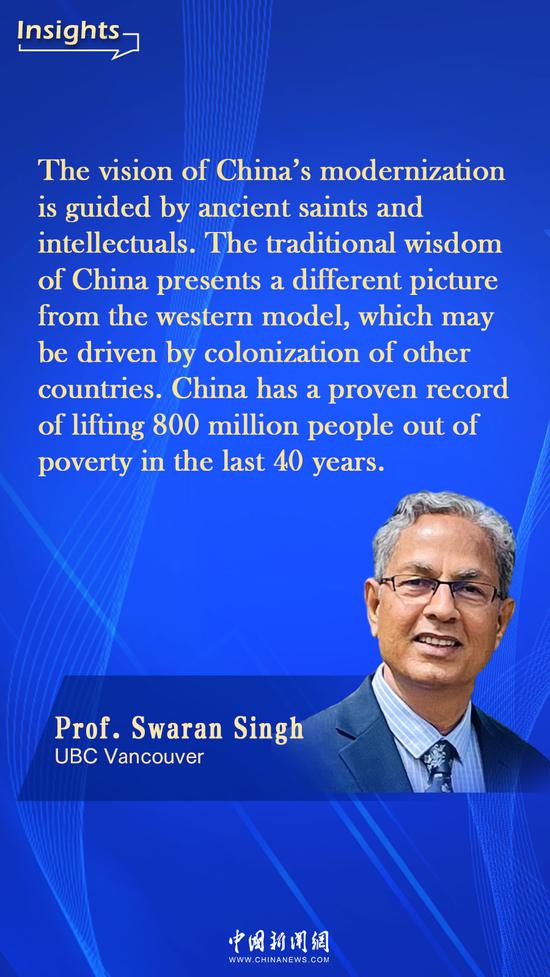
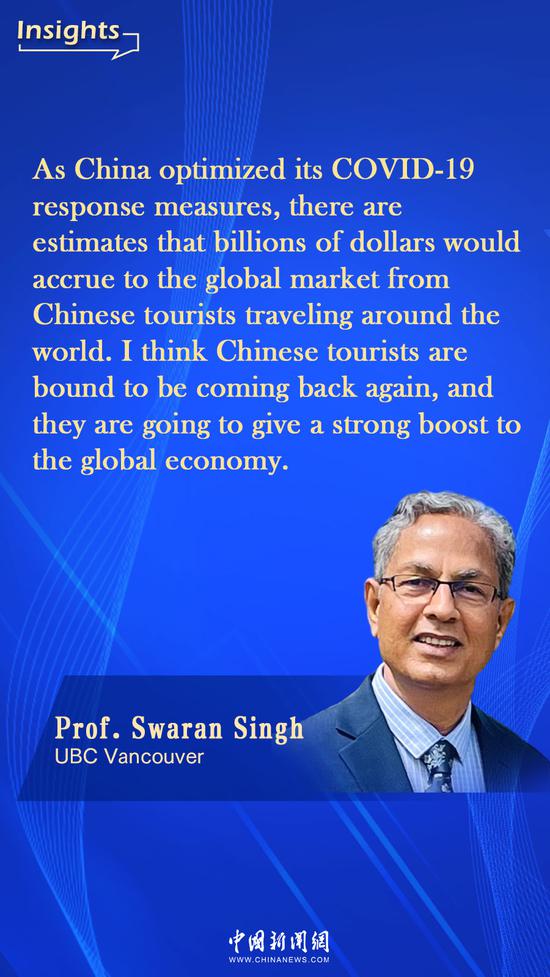
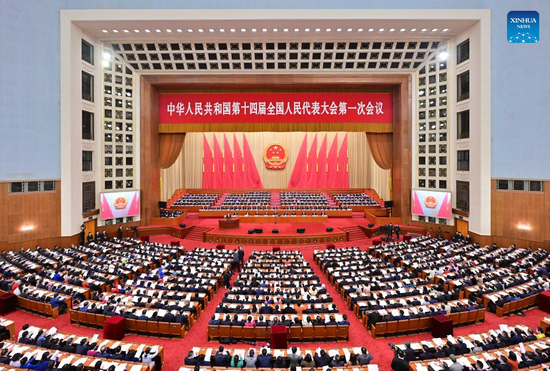


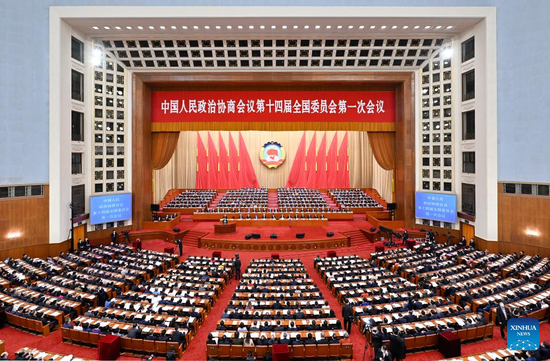
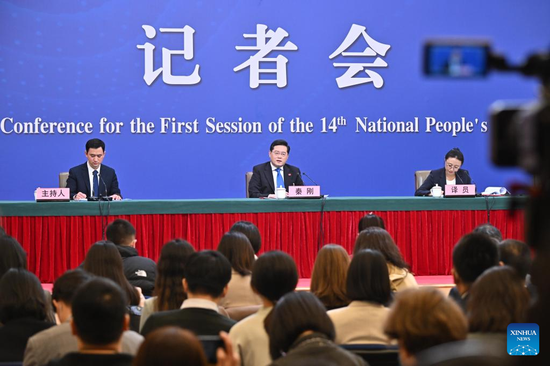




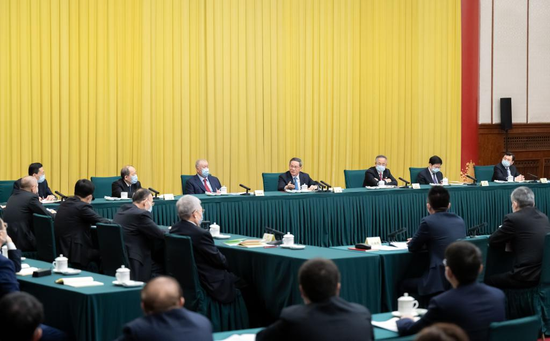
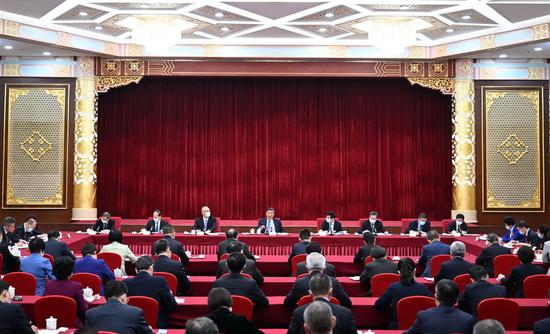
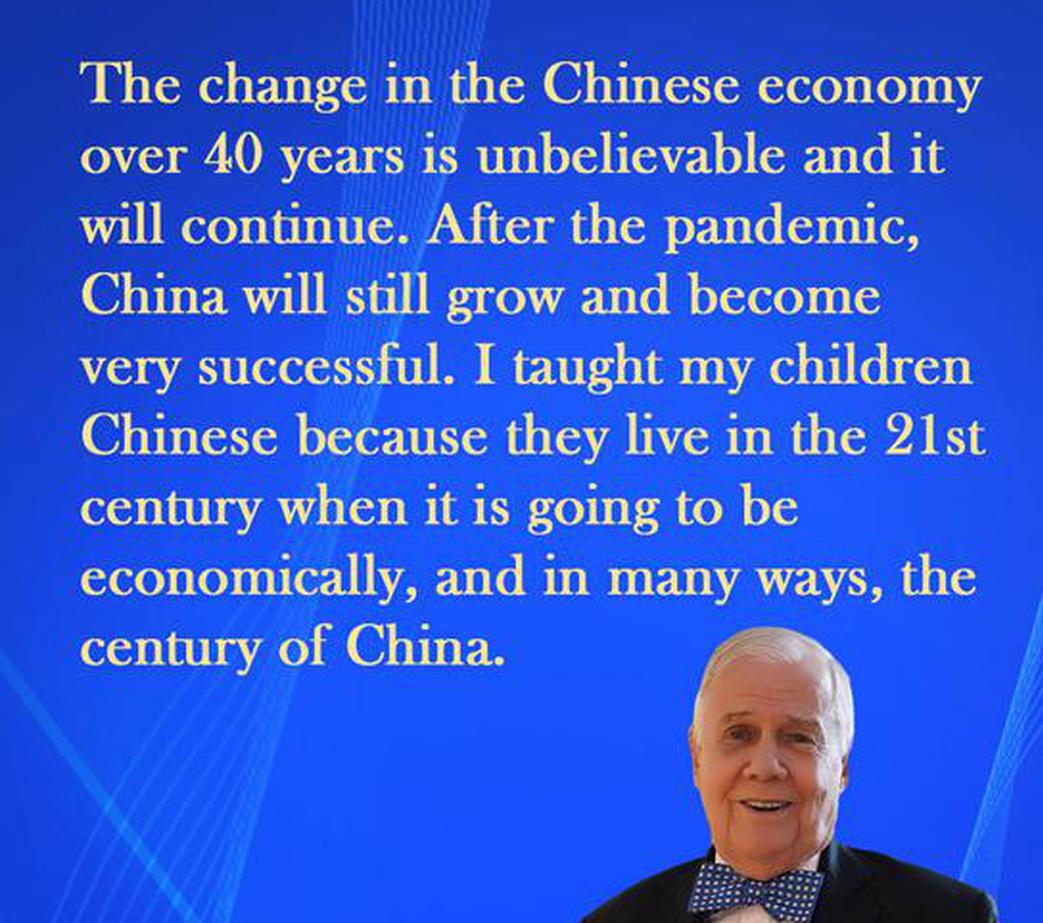


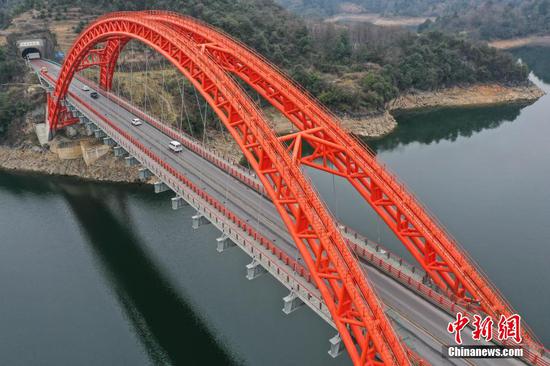

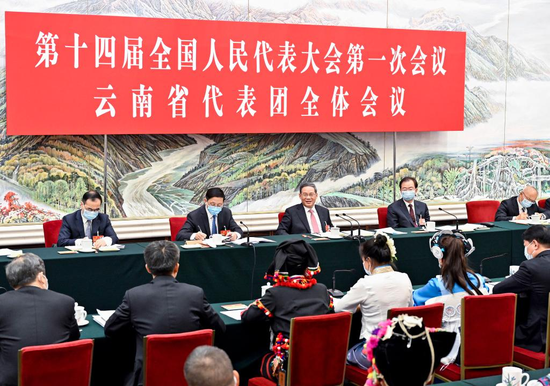
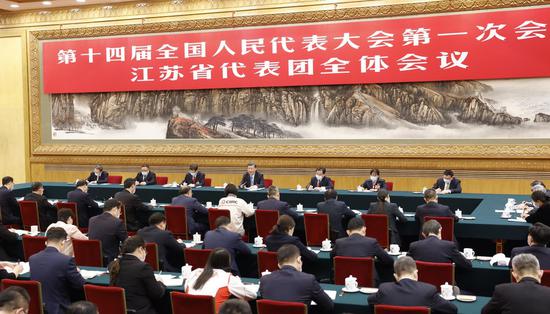

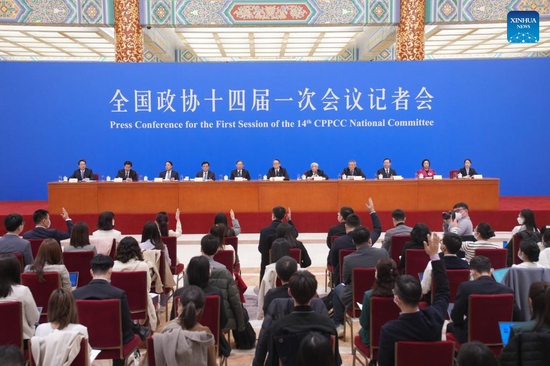
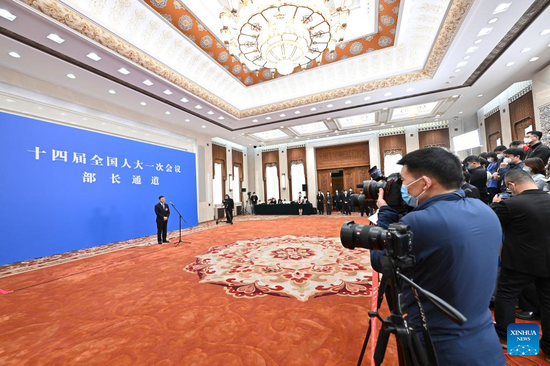
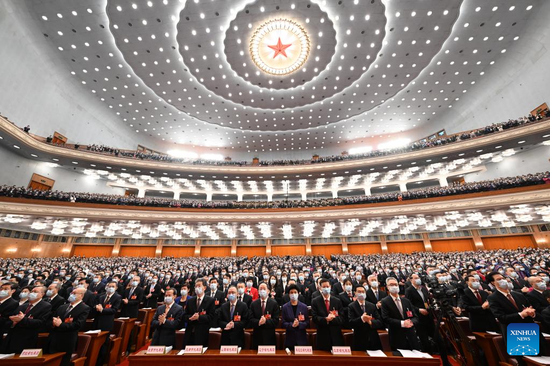
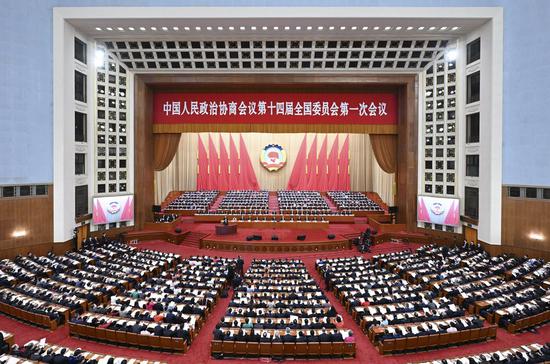
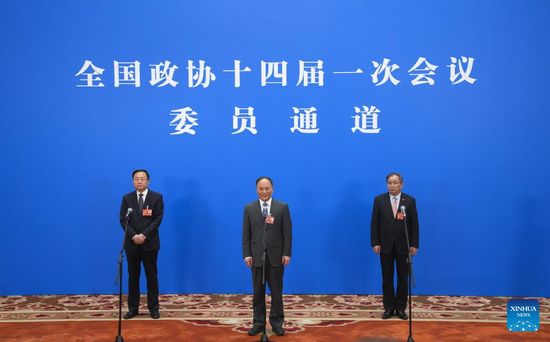
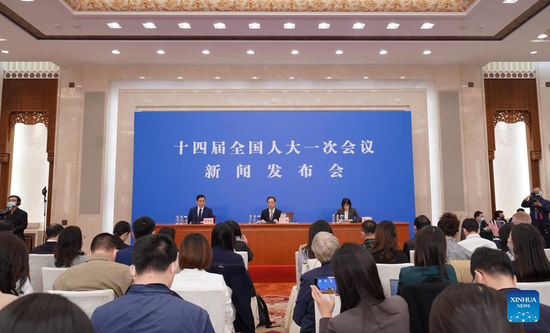
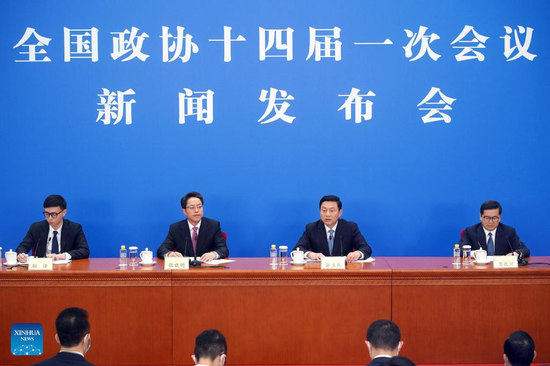
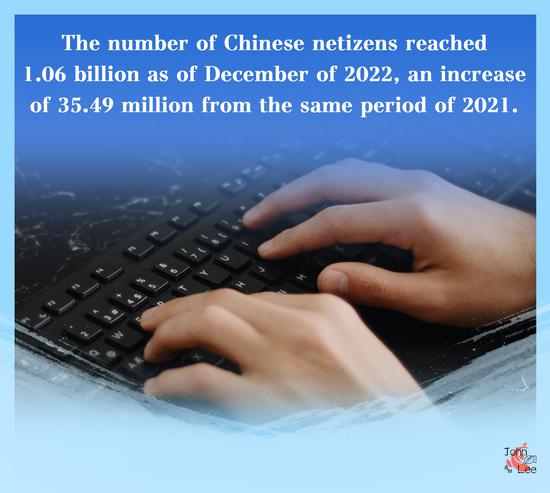
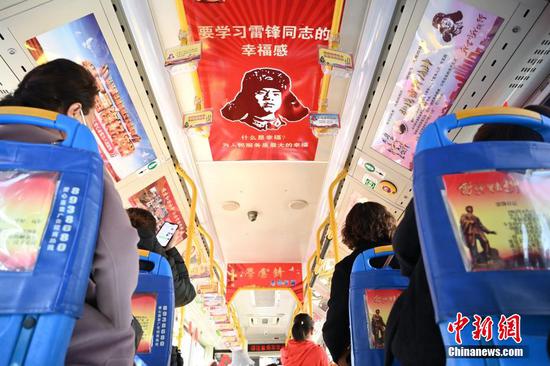
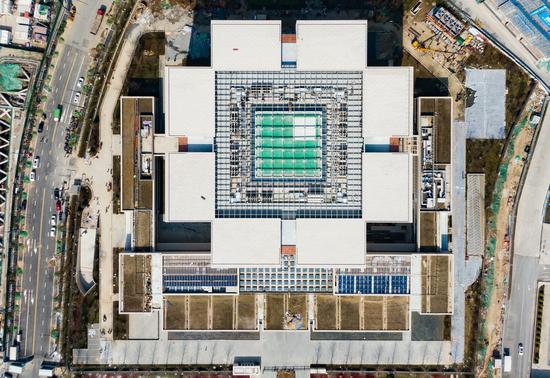







 京公网安备 11010202009201号
京公网安备 11010202009201号